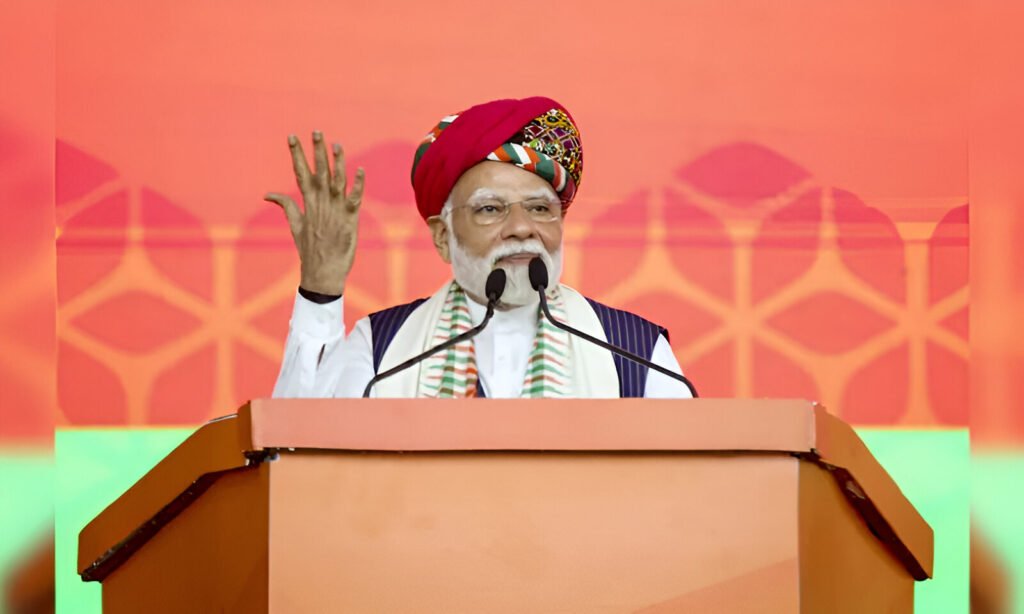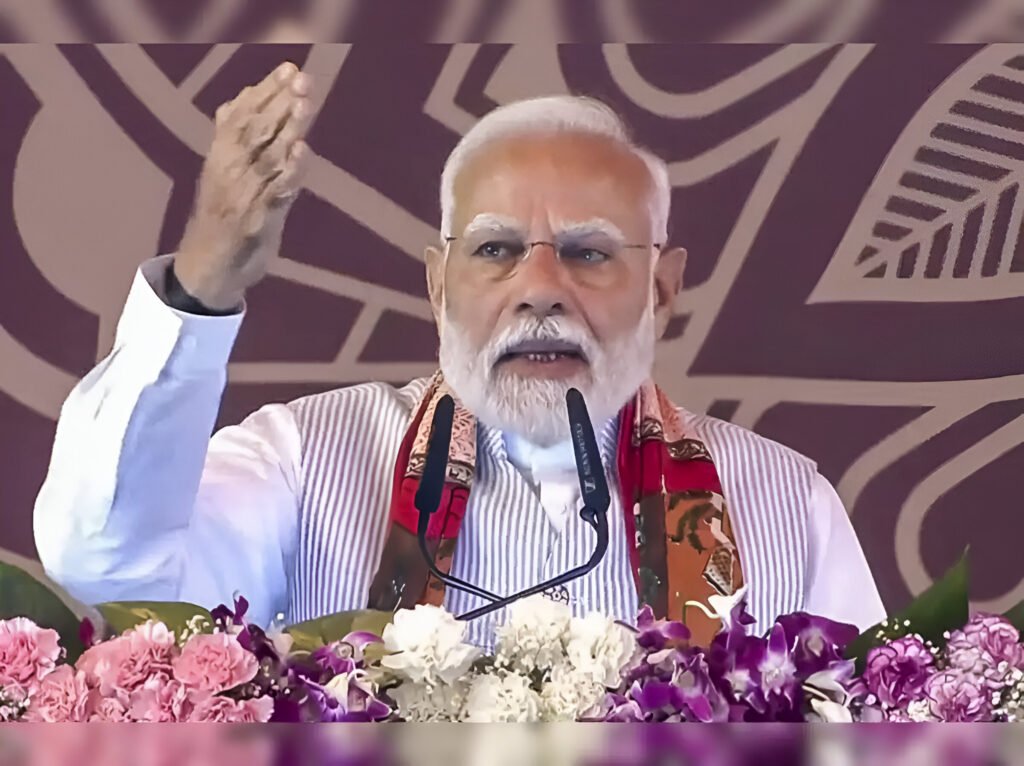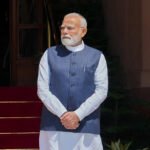
PM Modi’s Strong Warning to Pakistan: ‘Fire a Bullet, Face a Cannon Ball’The latest statement given to Pakistan by Prime Minister Narendra Modi seems to change Pakistan’s perception of how India views security policies. “If you fire a bullet, it will be answered with a cannonball,” is what was quoted from Prime Minister Modi’s speech during a public rally. It highlights how aggressively India is willing to measure its actions, even to the point of terrorism at hand. This article looks into details of context, strategy, and the changing Indo-Pak dynamic after Operation Sindoor.
Operation Sindoor—The Shift in India’s Anti-Terror Policy
Sindoor has become a part of Indian history, serving as a reference point in the country’s counter-terrorism efforts. It focuses on attacking the core of terror infrastructure; in this case, India’s armed forces launched an operation following a terror attack in Pahalgam. Unlike most incidents, this time India sought no international assistance or mediation. They sought to act immediately, a clear indication of shifting policy to preemptive action. For this reason alone, PM Modi dubbed Operation Sindoor as the greatest and most successful anti-terror effort in Indian history.
A Warning Dismissed
We’ve Held Back Far Too Long PM Modi’s statement is metaphorical but captures precisely the change in modus operandi towards cost imposition strategies. There is no longer any ambiguity regarding India’s new doctrine; any and all provocation from Pakistan, whether overt or through surrogates, will be met with brutal retaliation. As the Prime Minister put it for public consumption, “We shall now strike inside your territory, and those who sponsor terrorism will also have to pay a heavy price.” This style of warfare attempts to prevent further Pakistani state-sponsored terrorism by increasing costs to its military and intelligence establishment.
Step Iteration on Procedural Principles of War Fighting

Operation Sindoor set a ‘new normal’ in the manner India acknowledges and deals with the subject of terrorism within its borders. India proved that it was ready to dismiss Pakistan’s nuclear threat and carry out precise attacks on terror training camps and military installations by claiming it had the will to sustain prior level limits without engaging in wartime activities. The use of standoff detection range strike weapons incorporated with real-time intelligence systems and their application against ground targets highlighted India’s advances in military power alongside an increasing sector of technology competition.
Geopolitical Diplomacy and International Image
With the fallout from Operation Sindoor, both nations suspended military conflict and adopted diplomatic warfare. With public scrutiny, Pakistan has tried to portray a “responsible” image while invoking dialogue and investigation into the strikes. Nevertheless, the narrative cultivated globally framed New Delhi as a nation that will no longer endure terrorism, with strong messaging following India’s evidentiary public relations campaign substantiating the narrative that India can unilaterally defend its interests.
Military Coordination and National Pride
The operation demonstrated the Indian Navy’s force projection, which significantly demoralized the enemy, as the Indian Army, Navy, and Air Force worked seamlessly together. The Indian public supported the government’s decisive actions, which brought newfound soft power and resources. India’s land and naval infrastructure have further refined their public relations strategies by neutralizing terrorist infrastructure and “roaring” as 140 crore Indians gained national self-esteem.
For the Coming Years: Threat and Assurance
As long as these threats continue, so too will the measures taken to address them. PM Modi’s statement was a threat and an assurance. India will no longer show restraint when restrained from operating their military. “It is not over yet” was a clear message aimed at those who support cross-border terrorism, and the doctrine evolving will have to be sustained in order to shift Indo-Pak relations and security in South Asia for years to come.











